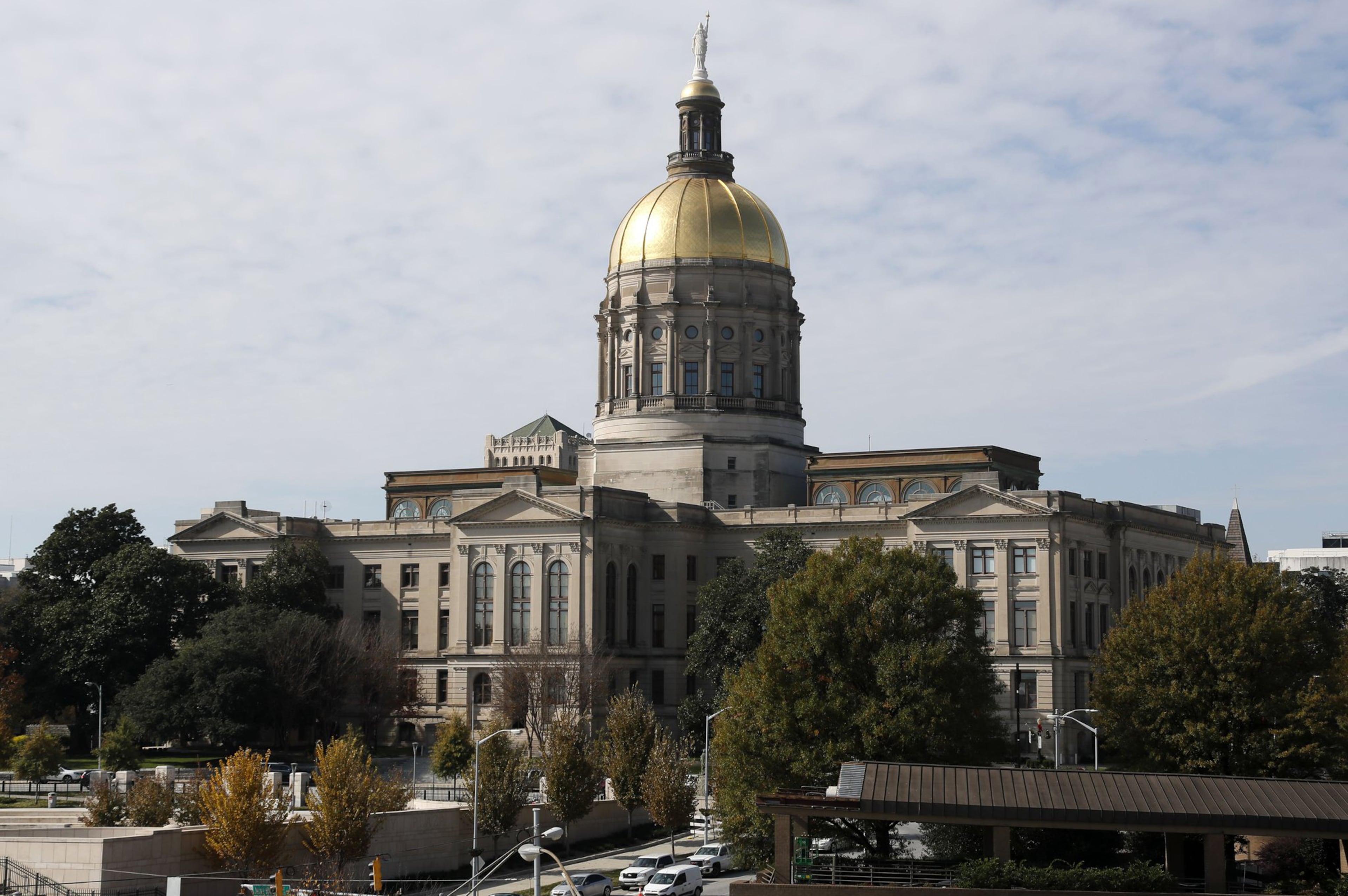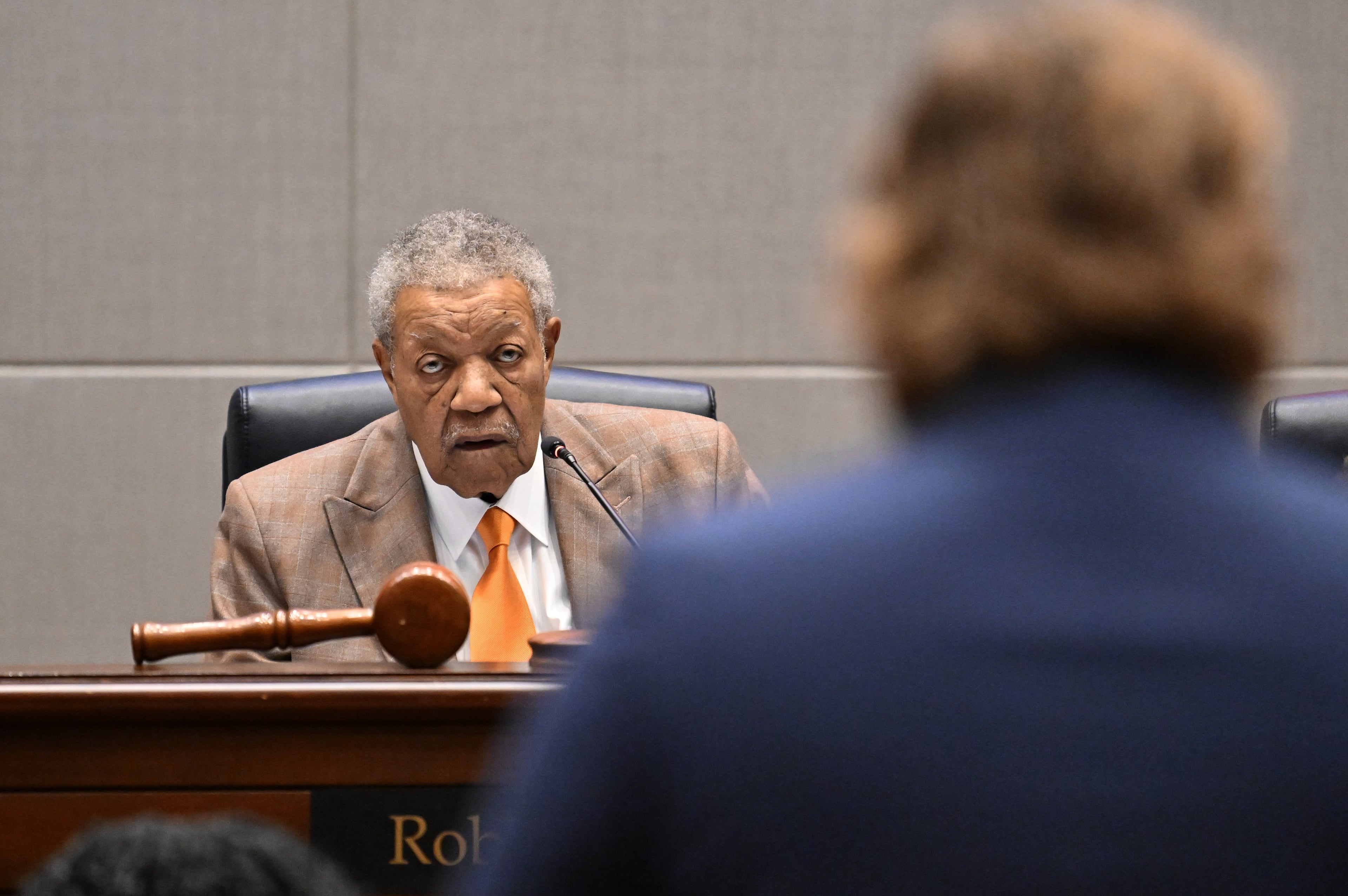Voters to decide three statewide ballot measures

Georgia voters in November will help decide the fate of government fees and lawsuits, as well as property tax breaks for certain charities.
Here’s a closer look at two proposed amendments to the Georgia Constitution and one statewide referendum to be decided in the general election.
Amendment 1: Authorizes dedication of fees and taxes to their intended purposes by general state law.
What it does: For decades the General Assembly has imposed fees for a variety of purposes, only to use the revenue for something else. For example, the state charges for every new tire sold in Georgia, and the money is supposed to be used to clean up illegal dumps and fund other waste management programs. But lawmakers have dedicated only a portion of the money for those purposes. Since 2009 they have used more than $50 million of the revenue for other programs, according to the Association County Commissioners of Georgia.
Under current law, the only way to ensure a tax or fee is used for its intended purpose is for voters to dedicate the revenue through constitutional amendments. Amendment 1 would allow the General Assembly to dedicate fees and taxes for specific purposes.
Proponents say: Supporters of the proposal say it would end what amounts to a “bait and switch,” with fees implemented in the name of environmental cleanup, driver’s education and other popular causes, then redirected to pay for general spending. They say Amendment 1 would amount to truth in advertising for state fees.
Opponents say: Similar measures have failed to clear the General Assembly in the past or were vetoed by governors. Some lawmakers have expressed concern that dedicating fees could tie the hands of state officials during a financial crisis such as the Great Recession a decade ago, when fees were diverted to balance the budget.
Amendment 1 addresses that concern in several ways. The dedication of fees would require support from two-thirds of members of the House and Senate. The dedication could only last up to 10 years, and lawmakers could only dedicate up to 1% of total state revenue. Also, the dedication could be suspended in a financial emergency.
Those concessions alleviated lawmakers' concerns. The latest measure passed the state Senate unanimously and the House with little dissent.
***
Amendment 2: Waives state and local sovereign immunity for violation of state laws and state and federal constitutions.
What it does: In 2017 the Georgia Supreme Court ruled that citizens cannot sue state and local governments over unconstitutional laws without the governments' permission. It’s a doctrine known as “sovereign immunity.”
Amendment 2 would restore citizens' rights to file lawsuits to overturn unconstitutional laws without the consent of those governments.
Proponents say: In the wake of the Supreme Court decision, proponents say Georgia residents are left with no recourse if government officials pass blatantly unconstitutional laws. They say Amendment 2 partially restores that right.
Opponents say: Some government officials worry about the cost of litigation. The amendment’s proponents sought to address that concern by limiting its scope. It allows residents to challenge laws in court, but it does not allow them to collect monetary damages or attorneys' fees unless the General Assembly later authorizes such damages.
***
Referendum A: Establishes a tax exemption for certain real property owned by charities.
What it does: The measure would exempt from taxes property owned by charities for the purpose of building or repairing single-family homes to be financed by the charity and sold to individuals using no-interest loans.
The referendum is aimed at providing a tax break to charities such as Habitat for Humanity. Once the property is sold to an individual, it would be taxed at fair-market value.
Proponents say: Supporters say the measure would aid the construction of affordable housing.
Opponents say: The measure would deprive local schools and governments of some tax revenue until the property is sold to a homeowner. The property likely would then generate more tax revenue than it did as a vacant lot, said Larry Ramsey, deputy general counsel for the Association County Commissioners of Georgia, which represents local commissioners.
“At one level, you’re giving up some tax dollars,” Ramsey said. “But at the flip side, you’re helping to increase housing options. We’d have members on both sides of that debate.”
More Stories
Keep Reading



